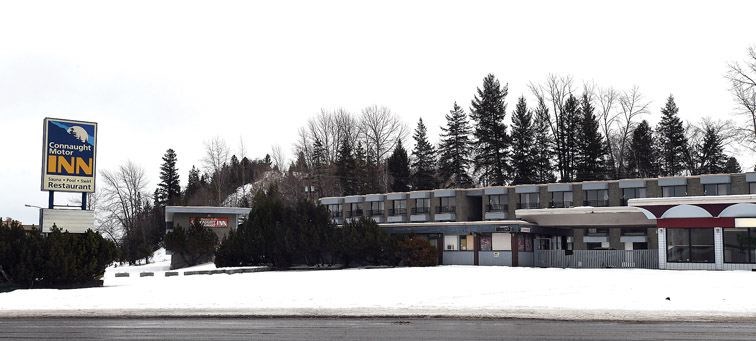City councillors unanimously voted Monday evening to adopt a bylaw aimed at charging landlords for repeated RCMP calls to their properties.
The bylaw, the Nuisance Abatement and Cost Recovery Bylaw, has been criticized by the Pivot Legal Society as being potentially harmful to low-income rental tenants, particularly women who are living with an abusive partner. A letter written by Pivot addressed to council on January 12th stated the bylaw would have a "chilling effect" on calls to 911 or to law enforcement by tenants. Landlord B.C. CEO David Hutniak also criticized the bylaw in a letter to council, arguing it would impose higher costs on landlords, forcing them to more closely scrutinize tenants.
The bylaw passed Monday defines a nuisance as "any activity which substantially and unreasonably interferes with a person's use and enjoyment of a highway, park or other public area or of land a person owns or occupies." A nuisance would include such activities as a loud party, loud music, car racing, shouting, screaming, fighting, odour and accumulation of water or other liquids on a property under the city's definition. Under the bylaw, the city can impose costs of a nuisance on a tenant or landlord, based on their own discretion. Costs, based on the hourly rate of the emergency or bylaw enforcement personnel employed, will range from $55 to $111 per hour.
City staff have said the bylaw was proposed to council after police had been called to the former Connaught Motor Inn on the corner of Victoria St. and Patricia Blvd. more than 700 times over an 18 month period. The city revoked the business license of the Connaught Motor Inn in 2016.
In a letter written to council, DJ Larkin of Pivot Legal Society said the bylaw would "disproportionately impact marginalized and vulnerable populations, including people who use drugs, people experiencing mental health issues, and victims of family violence or harassment."
The letter suggested the bylaw might lead to a "precipitous increase in homelessness" due to higher financial burdens imposed upon landlords of low-income tenants.



